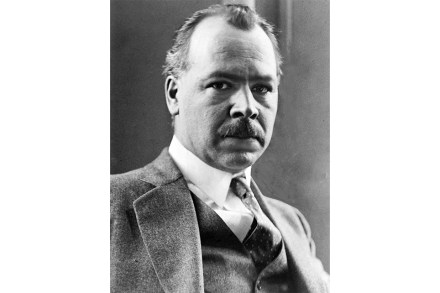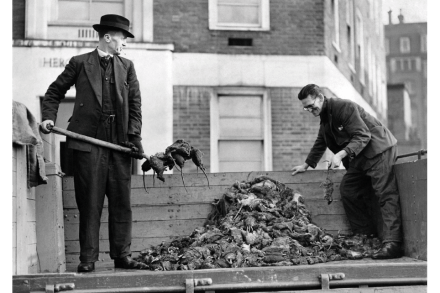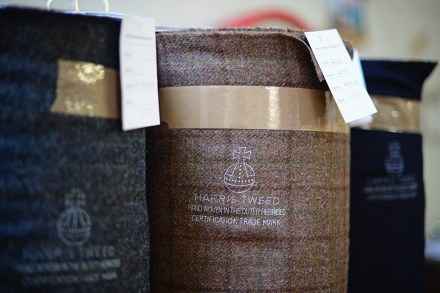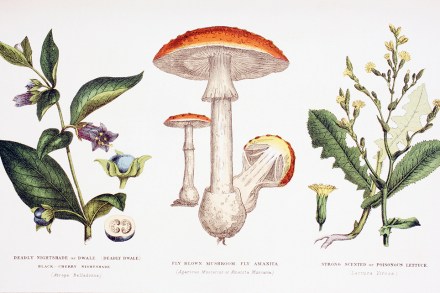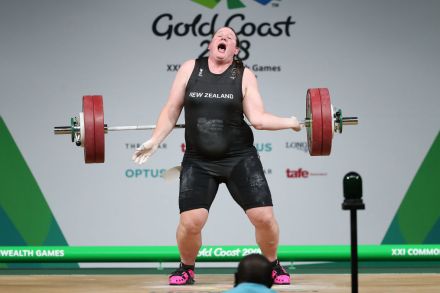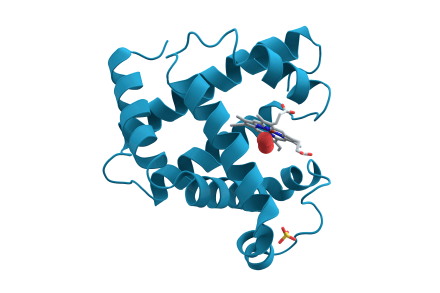Seeds of hope in the siege of Leningrad
The idea was revolutionary – yet there was something ancient at its heart. The scientist Nikolai Vavilov, arriving in Petrograd in 1921 to take the helm of the Bureau of Applied Botany and Plant Breeding, was on a sacred mission: to make, in his words, ‘a treasury of all known crops and plants’. The world’s first seed bank would shape the future of agriculture – possibly even eliminate failed harvests and hunger. This was gleaming scientific idealism, but there was also an element of the Old Testament Ark about it. Throughout the siege, the botanists had to find the superhuman strength not to eat the seeds themselves The vision would
